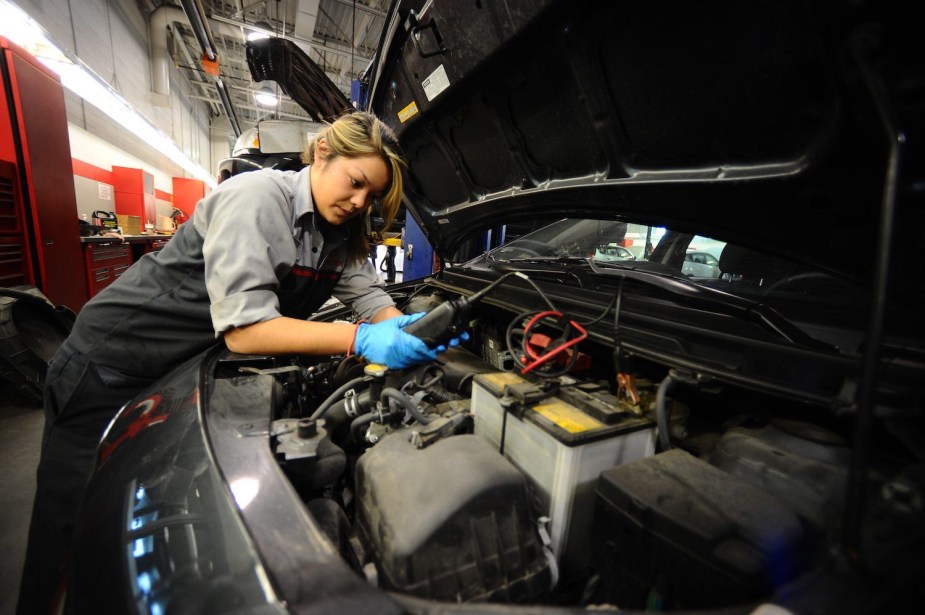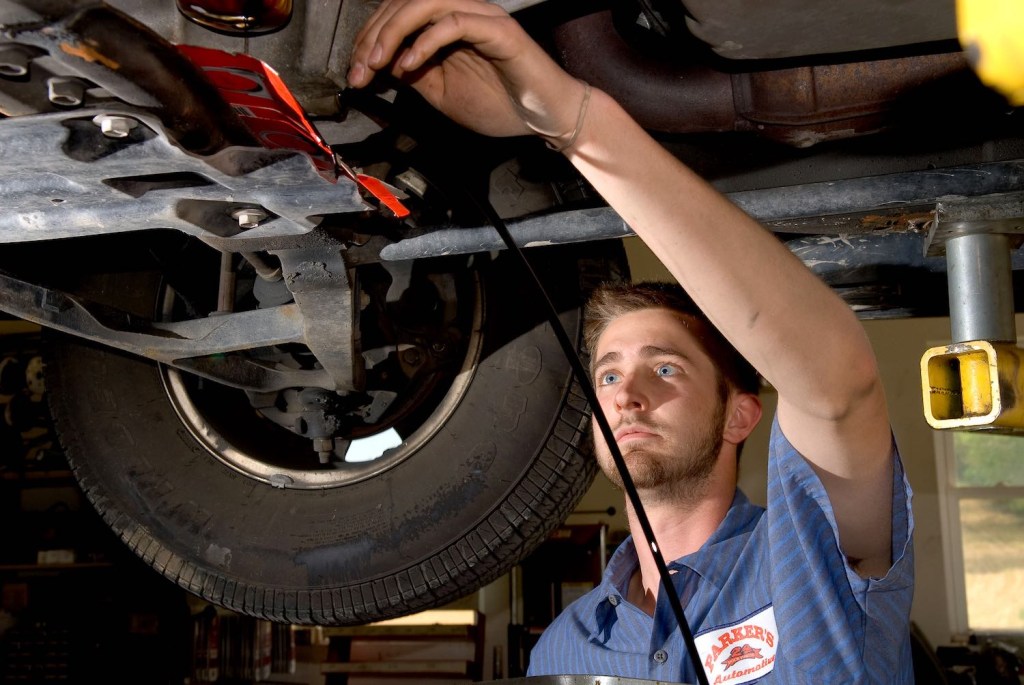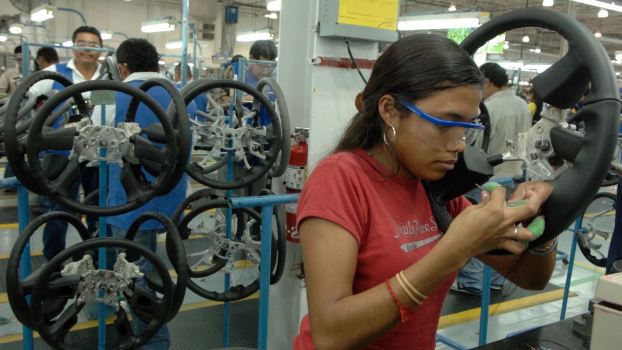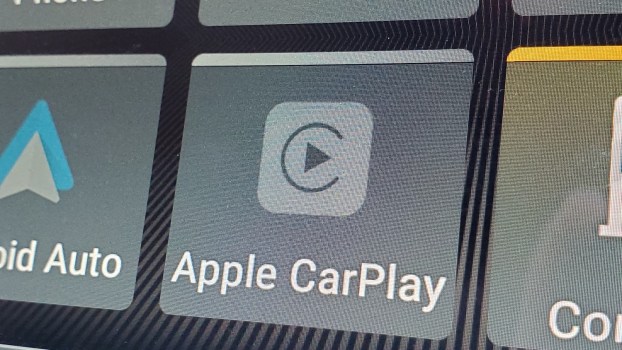
Biden’s NHTSA Just Killed Your Right to Repair Your Own Truck
If your truck breaks down, you or your mechanic can plug into its onboard diagnostics system port (OBD) to see what’s wrong. The people of Massachusetts even passed a law to protect your “Right to Repair.” It specifies that manufacturers going wireless must maintain owners’ access to this OBD data. Then President Biden’s NHTSA seems to have caved to the automotive industry’s lobbying. It’s killed your right to access wireless OBD, citing hacking concerns. But is the government serious about both the Right to Repair and security? Shouldn’t it require automakers to keep wired OBD ports until they can invent a safe alternative?
Dealerships want a monopoly on repairs

From cellphone manufacturers to automakers, lobbyists in many industries will tell you that your right to repair your own belongings is obsolete. Here’s the straight truth: the companies making complex products want to force you to go back to them or buy a new one when something breaks. And this has been true for one hundred years.
In the 1910s, General Motors pioneered releasing new models every year–with incompatible parts–to improve its bottom line. By the 1920s, Ford established a network of certified technicians to repair its latest vehicles. Despite decades of automakers trying to corner a monopoly on repairs, resourceful owners and enterprising mechanics have always found a way to fix cars and trucks.
Early computer and cellphone manufacturers invented new ways to block buyers from repairing their devices. Some even built electronics designed to malfunction in a few years. Automakers adopted the same tactics as they built increasingly electronic cars and trucks. Then people fought back. By 2008, the Supreme Court and states began to codify Americans’ right to “unlock” and repair their electronics and vehicles.
Massachusetts passed the most aggressive automotive Right to Repair law in 2012. This “Data Access Law” law set the standard for cars and trucks sold nationwide. In 2020, the people of Massachusetts overwhelmingly voted to update their law for vehicles with wireless diagnostics systems. This would have gone into effect in June 2023.
President Joe Biden, who is quick to call himself a car guy, has vocally supported the Right to Repair movement in the past. But it looks like he or his administration’s NHTSA caved to automotive industry pressure.
NHTSA caved to automakers’ demands

The automotive industry funneled tens of millions of dollars into lobbying against Massachusetts’ latest automotive Data Access Law. The attacks even included an ad where a sexual predator jumps a woman in her car. Yet when Massachusetts residents voted on whether the Data Access Law should extend into the wireless OBD era, 75% said yes. President Biden repeatedly promised to support your right to repair your car or truck.
But with the June 2023 deadline to comply with the Massachusetts Data Access Law looming, automakers made no changes. It turns out that they had an ace up their sleeve.
On June 13th, Biden’s National Highway Traffic Safety Administration (NHTSA) circumvented the citizens of Massachusetts and sent a letter directly to automakers. It essentially said, don’t bother with the law if you’re concerned about someone hacking your wireless OBD system. Here’s the letter’s wording (as archived by Boston-based WBUR.org):
“Because the Safety Act conflicts with and therefore preempts the (Massachusetts) Data Access Law, NHTSA expects vehicle manufacturers to fully comply with their Federal safety obligations.”
The letter argues that wireless OBD and telematics are important because manufacturers–or the government–may need to monitor cars and trucks or push out updates. It worries automakers might disable their entire telematics system to comply with the new law, and the government doesn’t want that.
Nathan Proctor, Senior Director of the PIRG.org Campaign for the Right to Repair, offered a compelling rebuttal. “If it is impossible to provide secure access to me, the car owner, for the data transmitted by my car, then the car is insecure, and the automaker needs to fix that [sic].”
You may call me old-fashioned. But if this new wireless technology is unsecure, I’d think the President would urge automakers to stick to the tried-and-true wired OBD ports. At least until they can develop something better. Perhaps the powers that be don’t need to modify our cars and trucks from afar, just yet.
We’ll need to fight to repair our own cars and trucks

“Right to Repair” is a global movement. Owners of every vehicle from John Deere Tractors to Harley-Davidson Motorcycles have taken up the cause. Why? Because these manufacturers limited owners’ ability to maintain and repair their products.
Proctor said, “Consumers are tired of having the things we’ve paid for tethered to distant manufacturers who can tell us what we can and can’t do with our stuff. The data generated by my car should belong to me.”
This movement is about more than just OBD code readers. It is about what it truly means to own a car or truck. It is about whether our world, and the machines required to move about it, belong to a corporation or us individuals. Plus, this battle’s outcome will shape the lives of future automotive owners and enthusiasts.
Next, find out whether, in an electric future, your kids will be allowed to restore old cars and trucks. Or learn about the Right to Repair movement in the video below:







